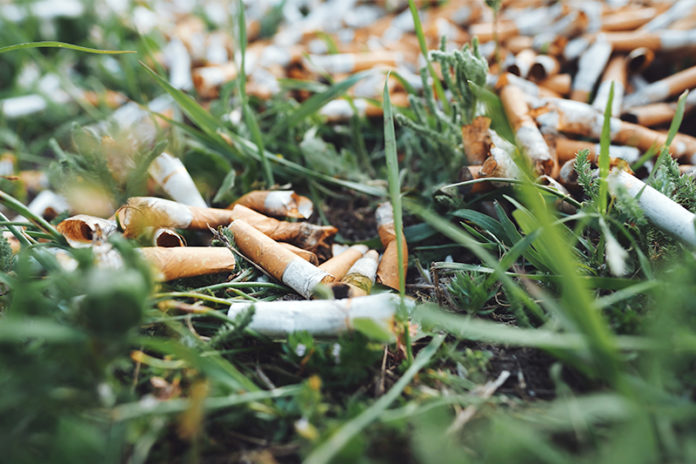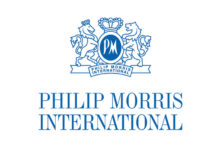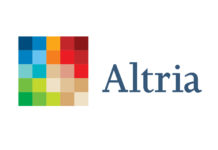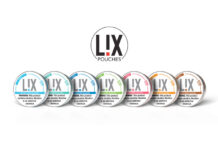Just how environmentally friendly is today’s tobacco industry? The World Health Organization (WHO) has released a new report that brings into question the tobacco industry’s “green” public relations efforts. The report titled “Talking Trash: Behind the Tobacco Industry’s ‘Green’ Public Relations,” takes a look at how some of the large tobacco companies such as British American Tobacco, Philip Morris International, Japan Tobacco International and Imperial Brands promote their ESG (Environmental, Social and Governance) rankings. The WHO questions how sustainable and “green” these companies are when these reports typically focus on operations rather than the products they make.
The WHO shares what it refers to as three “dirty secrets” associated with ESG rankings:
- ESG criteria usually focus on how a company operates rather than the sustainability of the company’s actual core product or services. According to WHO, this allows tobacco companies to score high and ESG awards aren’t taking into account the “unique harm and deadliness of tobacco products.” Also, the WHO notes that “tobacco companies typically are not evaluated against truly sustainable companies, only against each other.”
- There is also no single, globally agreed upon protocol for assessing a company’s ESG activity. “Tobacco companies could be free to share only the sustainability data that paints them in a positive light,” the WHO writes in its report.
- The WHO also takes issue with the lack of external scrutiny in regards to how tobacco companies set and review their sustainability goals. “When a goal is not met, a company can simply choose not to report it, and even drop
it moving forward. If one ESG accreditor gives them a poor assessment, companies can simply withdraw their participation in that accreditation scheme. For example, when BAT, JTI and Imperial Brands received poor ratings from CDP Forestry on disclosure and impact in 2017, all three opted out of the scheme,” the WHO shared.
According to WHO, every step of production within the tobacco industry has an impact on the environment and yet some in the tobacco industry are using sustainability awards as part of their public relations efforts to portray their businesses positively. This practice is called greenwashing, which is defined as “disinformation disseminated by an organization as to present an environmentally responsible image.” The report goes on to share examples of different tobacco companies allegedly greenwashing in an attempt to give the impression that their businesses were socially and environmentally responsible.








